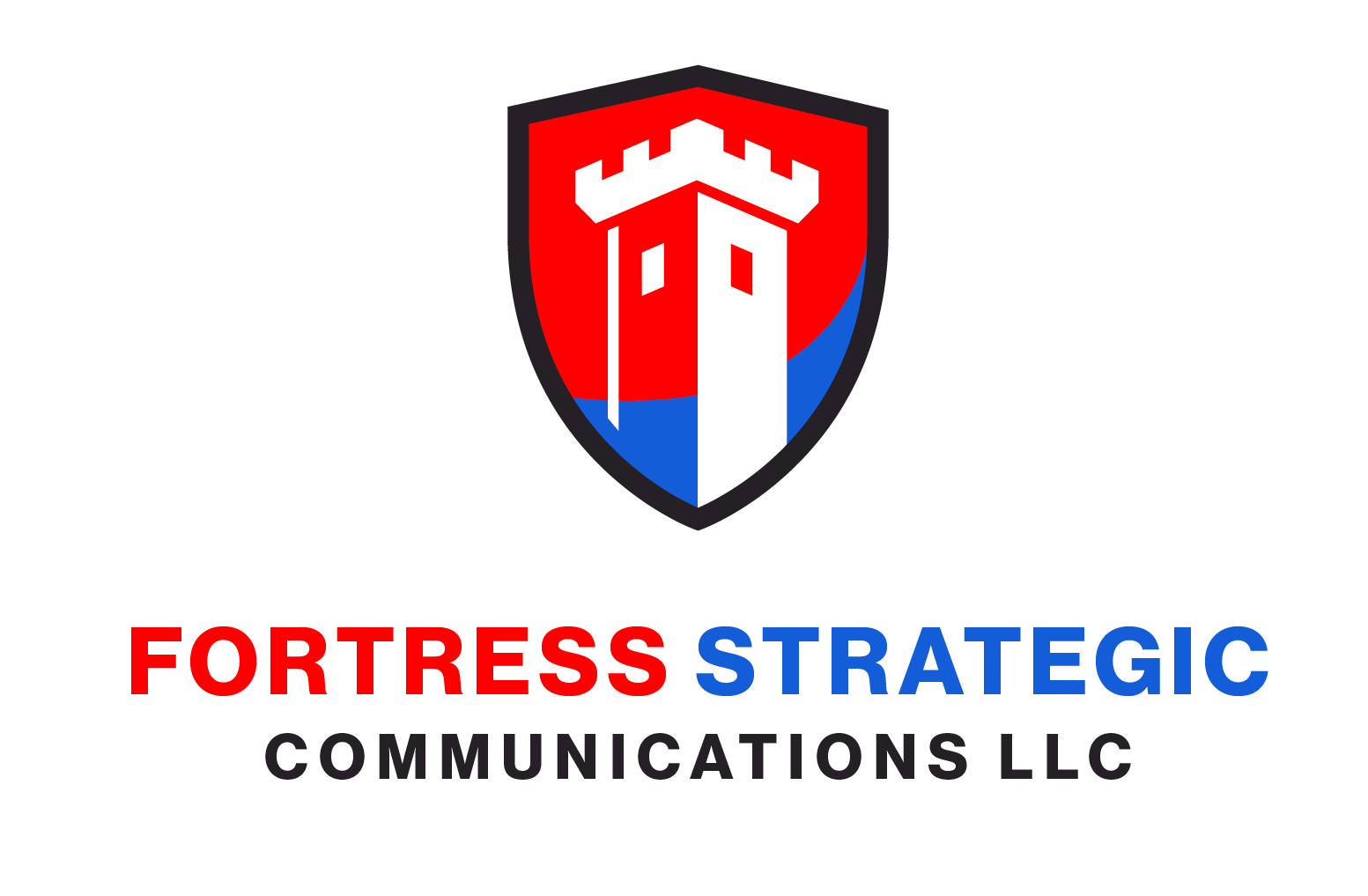
When Your Security Guarding Company Is Attacked Online ….
Most, if not all physical security or contract security companies have had a customer or member of the public call them or email them to complain about their guards or quality of service. Hopefully these companies have their own policies and processes in place to competently deal with these situations.
However, the dynamics change completely when an aggrieved customer or member of the public shares their poor experience ‘in public’ and online! This could include posting their opinion on their own Facebook page or the security company’s Facebook page, writing a review on Yelp or Google, posting something on the Better Business Bureau’s website, or Tweeting out their experience.
Obviously, when things go viral on the surface web and in the social media universe the damage control dynamics change considerably. It becomes even more complicated and daunting to deal with when reviews that are posted online are either fake or malicious!
For any of the “9,500 security guarding establishments (single-location companies and units of multi-location companies) with combined annual revenue of about $29.5 billion,” falling into a social media crisis or a crisis of confidence or lack of trust could potentially result in a reputational challenge that directly impacts their bottom line.
While the current business market is challenging for many American small businesses, the contract security market has some solid business opportunities as identified by Robert Perry and associates:
- * Increased revenues and margins through providing COVID-19 related services
- * Civil disorder and defunding the police forces driving companies to the outsourced security market
- * Possible legalization of the Cannabis Industry on a national level opening up a large vertical market source for outsourced security
With the potential for business growth, all security guard companies need to ensure they are able to protect their reputations in both a traditional and digital business environment by being able to rapidly and openly respond to both genuine criticism as well as malicious and fake reviews. How should they do this?
THE PROCESS
Here are a number of steps companies should consider implementing to respond to online complaints:
Have a plan of action – responsible companies have a plan of action in place to deal with and manage online critiques and fake reviews to ensure rapid response and resolution of the issues and allegations made. The plan must have the relevant policies and processes in place as well as roles and responsibilities so that all parties involved know what to do, when to do it and how to do it. The implementation of the plan and the response to the criticism or fake review should be seamless.
Monitor proactively – waiting for someone to alert you to a Twitter storm or negative Facebook post could possibly result in a slow response and serious reputational damage due to the time lapse between when the comments were posted and their discovery online. Establish an alert process so that key sites where negative comments and fake reviews may be posted are continuously monitored and when an issue is identified, the responsible team or person is alerted.
Monitoring Yelp and Angie’s list is not enough. Negative comments and reviews can be left on Facebook pages, Google, Twitter, LinkedIn, Reddit, personal blogs, comment sections on news sites carrying your company news and on the Better Business Bureau site amongst many others.
Don’t assume that complaints or negative reviews will only come from clients or members of the public! Disgruntled employees can cause the most immense damage online with their posts on Glassdoor or Niche. Monitor this environment as well.
Respond quickly – as soon as a complaint is detected, respond to it with in the hour. The first step of the ‘response’ is to acknowledge to the person posting that you have seen their comment/post and that they will receive a response from you. This process tells the ‘poster’ that you have seen their comment and are investigating their concerns and it is likely to slow down any additional negative comment. Provide a realistic time frame in which you will revert and stick to it. If circumstances develop that make it impossible to meet the stated time, go back and let the complainant know.
Ensure that you have the capability to respond over weekends. If you do not, then this issue will potentially cascade while you wait to get into the office on the next working day.
Acknowledge the complainant’s ‘pain’ – If your company has disappointed a client or member of the public, acknowledge that you understand their feelings. If the incident is likely to result in a legal or insurance claim, then obviously you need to work with your lawyers on the wording of your comment – but you cannot leave the complaint unanswered. This will send a message that either your company does not care, or it is potentially guilty or in the wrong.
Consider having a template in place that can be amended based on each criticism or comment.
Acknowledging the comment actually deescalates the situation and allows you to take potential ownership of the situation and the communication process. The apology or acknowledgement must ‘come from the heart and be genuine.’ The customer must know you are acting immediately and are being open and honest. Cold responses are seen to be just that. You want the customer to feel that you are genuinely concerned and that they matter.
One-on-one and offline – once you have established contact with the aggrieved party you should try and get the communication process offline. You certainly do not want other individuals to add their opinions to publicly visible communications. Something that could easily be addressed offline can avalanche out of control when it is discussed in an open setting.
Over and above this, the ability to take conversations offline and personalize them will make customers and aggrieved parties feel that their issue is important and that you value their opinion and want to listen to their side of the story – which any customer-centric company that values their clientele would want to do.
Invite the ‘complainant’ to contact your company directly, provide the relevant details and then engage them professionally.
Avoid a cold template response – make your responses to criticism personal and show empathy. There is a time and place for the ‘warm and fuzzy’ response and the security company’s team dealing with an issue or event need to know what type of tone to use depending on the situation being dealt with. Always take into consideration the client or aggrieved party’s feelings. If the complainant’s tone is rude or disrespectful, don’t fall into the trap of responding in kind.
People complaining want empathy, understanding and concern; they want to feel valued and that they matter! Ultimately, as much as it is a business issue, the person or business complaining will want the communication to be personal. Do this by including their name, use the right tone, acknowledge their inconvenience or negative experience, take ownership of the issue by communicating what will be done to investigate the allegation or resolve the situation, and ensure you follow up with the complainant by keeping them in the loop.
Investigate thoroughly – it is important to practice due diligence. If a customer or member of the public makes an allegation against a security guarding company the issue must be comprehensibly investigated. Implement a deep fact-finding investigation. Speak to the security officer/s or company representative allegedly involved and then make the appropriate decision based on all the relevant facts. If necessary, circle back to the complainant and get their input. Do not make any allegations or lead them to believe anything. Just ask the relevant questions and let them know an investigation is still underway.
As the case is investigated, you will be able to determine whether it is a genuine incident, something that is ‘over blown,’ or in a worst-case scenario, simply fake and malicious.
The right to protect your company – If you determine that a comment or review is fake or malicious, you obviously have the right to take the appropriate action. Three options are available:
Option one is for the security company to lodge an objection with the administrator of the website on which the fake comment was posted and ask that the malicious allegations/comments are removed because they are false or fake. When appealing against the fake or intentionally malicious comments, the security company must be prepared to submit all relevant information and evidence – this is why the thorough investigation is so necessary.
Be advised that not every negative comment will be removed because the security company does not like them – in other words, genuine comments about actual incidents pertaining to poor services will likely be left online. Each site will have its own rules and regulations.
Option two for the security company is to involve its lawyers and send legal documentation to the site asking them to remove the comments if they refuse to assist.
Option three is for the security company to take action against the malicious party or fake reviewer and send them legal documents requesting that they remove their comments, etc., but obviously the identity of the malicious party must be known in order to do this. Once again, a lawyer would be the best person to determine if papers should be served.
Too many reviews – if a massive number of malicious false reviews appear, the security company could find itself drowning in the administrative process of dealing with all allegations and getting sites to remove the relevant comments. In this case, it is perfectly acceptable to work with third party consultants who have the technical expertise to contact site administrators and request all relevant negative comments be evaluated and removed. Some great technology exists to deal with this task.
Respond publicly – in certain circumstances, the security company could respond to online reviews. While this may show that the company is serious about dealing with issues or events, it puts it in a predicament – will it be able to respond to every single negative comment/review? If not, each negative review/comment may be seen as true if the company has not responded online. It is a very fine line! If a response is in order, make sure it is genuine, non-confrontational and addresses only the allegations made. Once again, see if there is the possibility of taking the issue offline.
Mitigate with effective public relations – to reduce the risk of negative reviews and mitigate against the impact of fake/false reviews, the security guarding company should consider the value of a robust public relations campaign. This is a lot more strategic than updating the company blog, or just having a Facebook page, a Twitter feed or a LinkedIn company page – or sharing updates via these platforms.
Implemented correctly, a strategic PR campaign will help boost SEO rankings, build a media footprint and relationships with key journalists, drive better awareness about the company, and hopefully contribute towards more positive reviews by better customer engagement. This is vital because the more positive reviews a company has the more likely it will be to push down the negative comments.
In addition, a person reviewing the comments about a security company will look at how many positive vs. negative comments there are. If there are 50 positive and 50 negative comments, they will likely develop a preconceived idea about the security guarding company. However, 100 positive comments/reviews will drive down or put into perspective 10 negative ones.
In conclusion
Not knowing how to deal with an online crisis that potentially casts doubt about a security company’s ability to deliver their crucial services will likely result in lost business opportunities, revenue and potentially push business to their competitors. Knowing how to respond to an online crisis is now of paramount importance.
To deal with online fake reviews and malicious slander, contract security companies should:
- Have policies and plans in place to deal with all true and false comments. This must include processes in place for customers or members of the public to complain and receive rapid attention to their concerns as well as escalation processes for employees to deal with comments and critiques
- Know how to reach all the relevant review site administrators
- Invest in a strategic and proactive public relations campaign, which will potentially help to contribute towards better reviews and opinions. In addition, also invest in an updated crisis communications plan
- Have a customer engagement and communication strategy that is in place and used
- Encourage satisfied customers to leave positive reviews online
- Rapidly deal with negative reviews or comments and move to resolve them as quickly as possible
- Be open, honest and transparent
- Never get defensive
- When appropriate bring in third-party experts to assist with taking fake and malicious reviews, and comments down and protect the company’s reputation
- Constantly monitor their online environment
When was the last time you read the reviews about your security guarding company online?
# # #
This article was first published on the Security Professional Directory
Photo by Daniel Páscoa on Unsplash
—ENDS—
About Fortress Strategic Communications:
Fortress Strategic Communications provides specialized strategic public relations consulting to companies that offer products, services, and solutions designed to manage and mitigate all types of risk, safety and security. Typical clients are active in the public safety, physical security, homeland security, business continuity and disaster recovery and emergency management domains. FSC also provides public relations counseling to startups looking to enter the broader enterprise risk management arena. The company draws on their executives combined 20 years of global experience in a broad array of vertical markets. For more information please visit www.fortresscomms.com or contact us via info@fortresscomms.com
Further Media Information:
Evan Bloom, CEO
Email: info@fortresscomms.com
Phone: 315-744-4912






